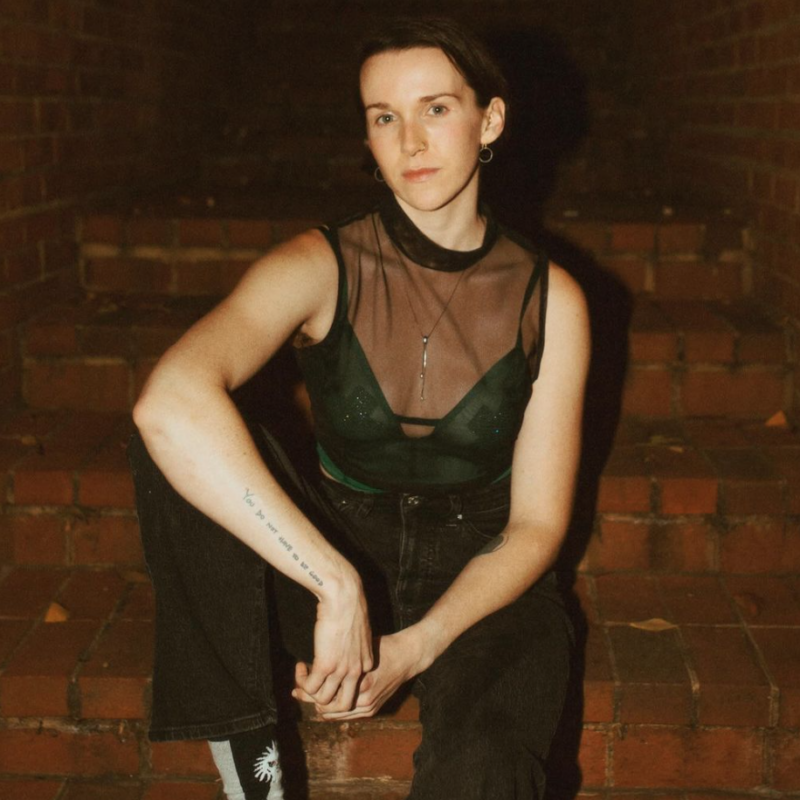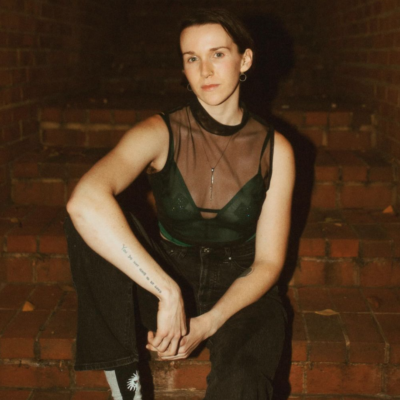Isn’t it too soon for a movie about the making of Facebook? Probably. But life and all its weird facsimiles come at us so quickly nowadays, which is partly why you know you want to see The Social Network anyway: to process.
|
Jesse Eisenberg plays Mark Zuckerberg in The Social Network, which aims to expose the sordid, early stages of Facebook’s invention. Justin Timberlake (right) plays slick Napster founder Sean Parker. |
And so director David Fincher and screenwriter Aaron Sorkin (adapting Ben Mezrich’s book The Accidental Billionaires) give us Jesse Eisenberg in a wow-look performance as Facebook founder Mark Zuckerberg. It’s a great moment for the actor, if a perilous one for the mogul he portrays.
We meet Zuckerberg as an awkwardly tufthunting Harvard sophomore, deservedly jilted by his chagrined safety-school girlfriend (Rooney Mara) and driven to harness the Internet for a petty and brilliant public that despairs social impotence. Human nature and elite-university entitlement being what they are, this prompts a palpable phenomenon; soon enough comes monetization—and litigation.
The guarded genius Zuckerberg, paragon of poker-faced contempt for all the strivers surrounding him, runs afoul of several classmates (well played by Andrew Garfield, Armie Hammer and Max Minghella), then practically runs away with knavish Napster founder Sean Parker (Justin Timberlake). Friends requested, enemies made.
There’s a mesmerizing satisfaction in recognizing how appropriate this material is for its makers. Rightfully, The Social Network will supplant “The West Wing” as the apotheosis of Sorkin’s smug, windy style. As usual, he paints “smartness” as never being at a loss for words, and having ideas at the ready more rapidly than natural conversation can accommodate them. That’s also a way to code for distancing arrogance, as Eisenberg very shrewdly understands. The point isn’t to flatter the characters, but something closer to its opposite. And it works best when playing unabashedly into the characteristic Fincherian chill (even if occasional snowflakes and visible winter breath look distractingly fake).
As for a greater comment on the American character, certainly The Social Network displays a more Fitzgeraldian consciousness of class than Fincher managed in The Curious Case of Benjamin Button, which actually did originate in a story by Fitzgerald. But if nobody reads old books anymore anyway, who cares?
For all its real enough ideas—about young people making jobs instead of taking them, about the end of the old privacy and the beginning of a new obscurity—The Social Network falls short of full articulation. You sense a stymied older generation passive-aggressively handing off the cultural baton to a savvy younger one.
The narrative spine of this film, after all, is a series of depositions. Sorkin and Fincher neither rue nor celebrate the Facebookers’ achievement, but simply graft it onto the shopworn archetypal framework of an ambition-driven morality tale. This isn’t a brave new world, but actually a craven one, explained away as reassuringly as possible with a same old story.






